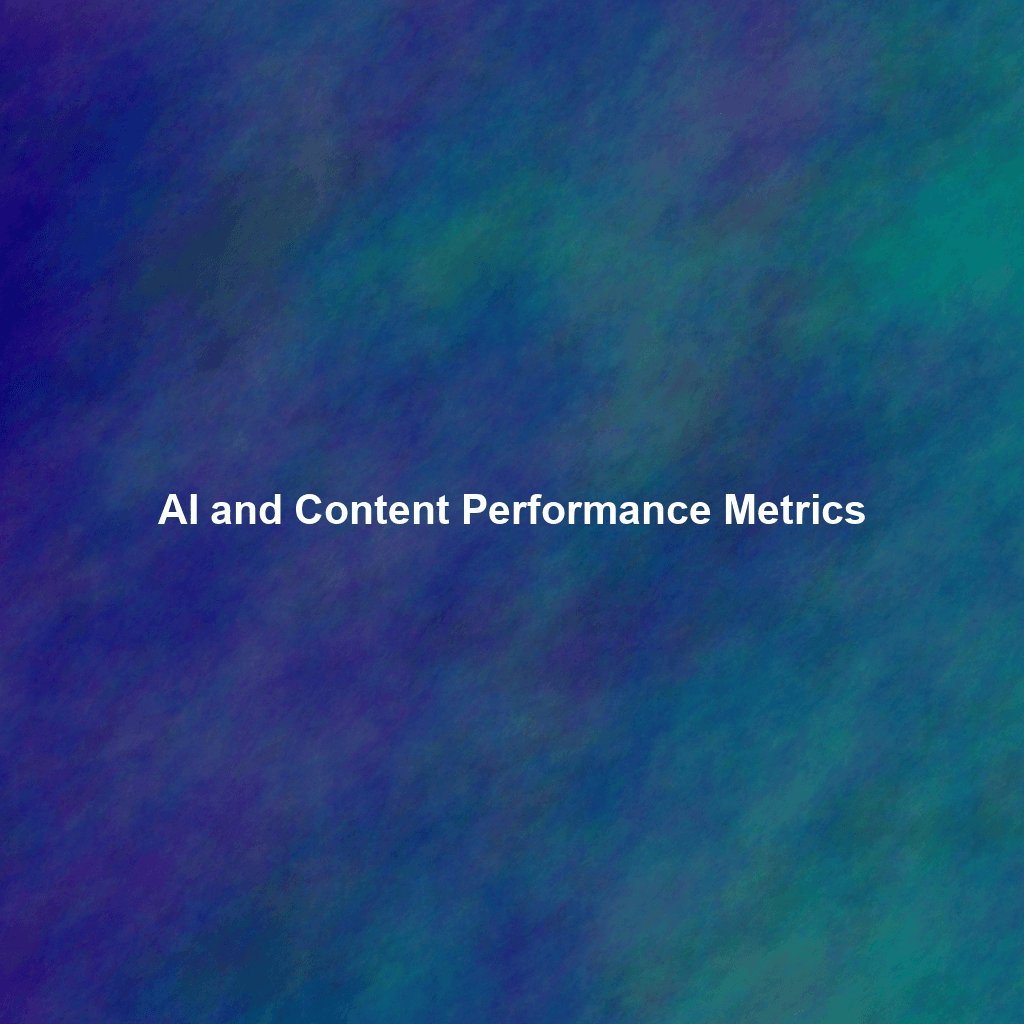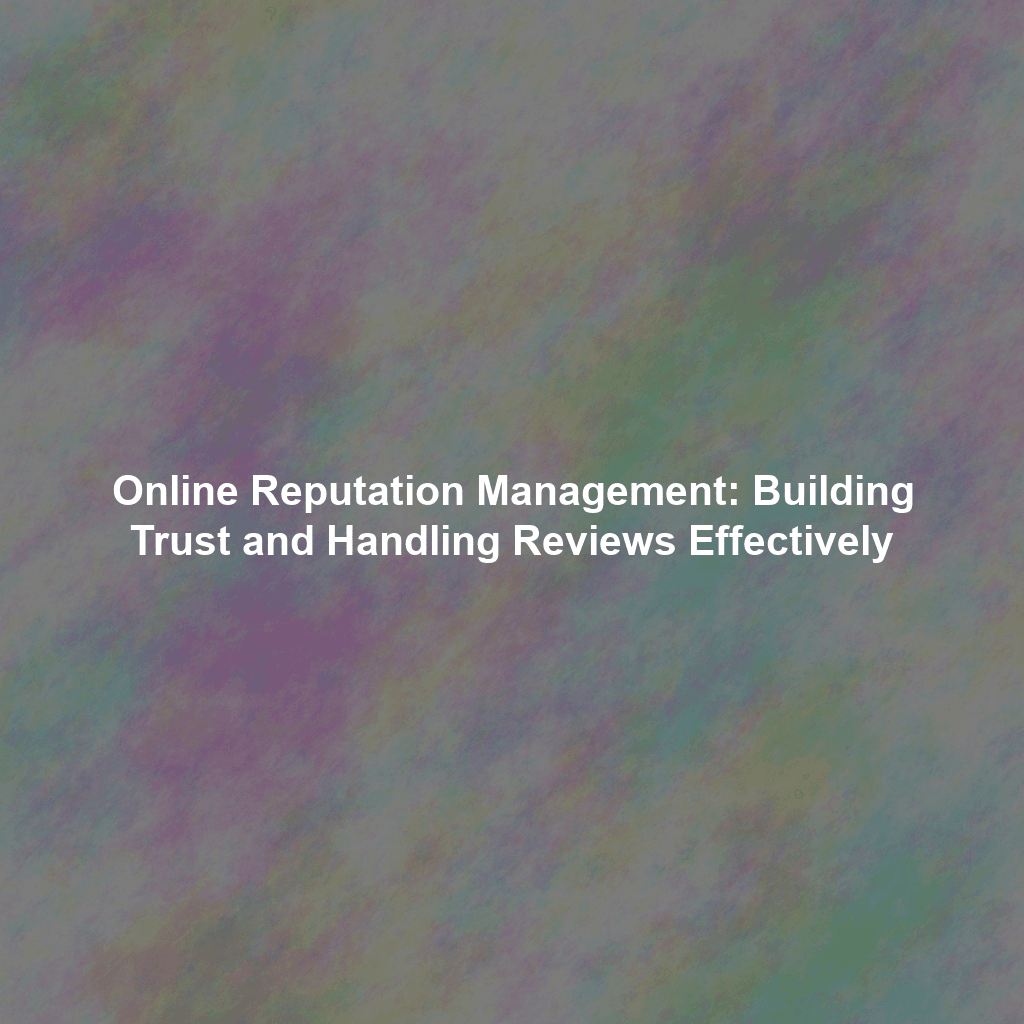The Limitations of Traditional Content Analytics
Before diving into the AI revolution, let’s acknowledge the shortcomings of traditional content analytics. Tools like Google Analytics offer valuable data, but they often lack the nuance needed to truly understand audience behavior and content effectiveness. For example:
- Focus on Vanity Metrics: Page views and social shares can be misleading. A viral video might generate buzz, but does it translate into leads or sales?
- Lack of Contextual Understanding: Traditional tools struggle to understand the “why” behind the numbers. Why did a particular piece of content resonate with a specific audience segment?
- Manual Analysis Required: Sifting through mountains of data to identify trends and patterns is time-consuming and prone to human error.
- Limited Personalization Insights: Traditional analytics often provides a one-size-fits-all view of content performance, failing to highlight opportunities for personalized experiences.
These limitations highlight the need for a more sophisticated approach to content performance measurement – one that AI is uniquely positioned to provide.
AI’s Role in Content Performance Measurement
AI is not just another tool; it’s a paradigm shift in how we understand and optimize content. By leveraging machine learning, natural language processing (NLP), and other AI techniques, marketers can unlock a wealth of insights that were previously hidden. Here’s how AI is revolutionizing content performance metrics:
1. Sentiment Analysis: Understanding the Emotional Connection
Sentiment analysis, powered by NLP, goes beyond simple keyword tracking to understand the emotional tone of audience feedback. AI algorithms can analyze comments, social media posts, and reviews to determine whether the sentiment is positive, negative, or neutral. This allows marketers to:
- Gauge Audience Reaction: Identify how people truly feel about your content and brand.
- Identify Potential Issues: Detect negative sentiment early on to address concerns and prevent crises.
- Tailor Content Strategy: Create content that resonates with audience emotions and values.
Imagine launching a new product and receiving overwhelmingly positive feedback on social media, but negative comments specifically regarding the user interface in your article comment section. Sentiment analysis can pinpoint this discrepancy, allowing you to focus on improving the user experience while capitalizing on the positive buzz. That targeted data provides actional change to your content’s success.
2. Predictive Analytics: Forecasting Content Performance
AI can analyze historical data to predict the future performance of content. By identifying patterns and trends, AI-powered predictive analytics tools can help marketers:
- Optimize Content Planning: Focus on topics and formats that are likely to resonate with your audience.
- Allocate Resources Effectively: Invest in content that has the highest potential for ROI.
- Identify Potential Problems: Anticipate and mitigate potential performance issues before they arise.
For example, predictive analytics could reveal that blog posts on a specific topic, published on Tuesdays at 10 AM, consistently generate the most engagement. This insight allows you to optimize your content calendar and maximize the impact of your efforts.
3. Content Personalization: Delivering Tailored Experiences
AI enables personalized content experiences that cater to individual audience preferences. By analyzing user data, AI algorithms can identify patterns and segments, delivering content that is most relevant and engaging to each individual. This leads to:
- Increased Engagement: Content that is tailored to individual interests is more likely to capture attention.
- Improved Conversion Rates: Personalized content can drive leads and sales by addressing specific needs and pain points.
- Enhanced Customer Loyalty: Delivering relevant and valuable content builds trust and strengthens relationships.
Imagine a website that automatically adjusts its content based on a user’s browsing history, demographics, and past interactions. A first-time visitor might see introductory content, while a returning customer might be presented with advanced tutorials or exclusive offers. That degree of customization is precisely what drives higher engagement and conversion rates.
4. Automated Content Optimization: Improving SEO and Readability
AI can also automate the process of optimizing content for search engines and readability. AI-powered tools can analyze text for keyword density, grammar, and style, providing suggestions for improvement. This results in:
- Higher Search Engine Rankings: Optimized content is more likely to rank higher in search results, driving organic traffic.
- Improved Readability: Clear and concise writing makes content more accessible and engaging.
- Increased Content Reach: Well-optimized content is more likely to be shared and discovered by a wider audience.
For instance, an AI tool could identify opportunities to incorporate relevant keywords naturally into your text, suggest alternative phrasing to improve readability, and ensure that your content adheres to SEO best practices. By automating these tasks, AI frees up marketers to focus on more strategic aspects of content creation.
5. Topic Clustering and Content Gap Analysis: Identifying Untapped Opportunities
AI can analyze vast amounts of data to identify emerging trends, popular topics, and content gaps. This information can be used to:
- Discover New Content Ideas: Uncover topics that are relevant to your audience but are not yet being adequately addressed.
- Create Comprehensive Content Clusters: Develop a series of interconnected articles and resources that cover a topic in depth.
- Improve Content Strategy: Align your content efforts with audience interests and market demand.
For example, an AI tool could analyze social media conversations, search engine queries, and competitor content to identify a growing interest in a specific subtopic within your industry. This insight could then be used to create a series of blog posts, videos, and infographics that cater to this emerging demand.
6. Enhanced A/B Testing: Data-Driven Content Iteration
While A/B testing isn’t new, AI elevates its effectiveness. AI can analyze the results of A/B tests more comprehensively and quickly than traditional methods. This allows for:
- Faster Iteration: Identify winning content variations and implement changes quickly.
- Granular Insights: Understand which specific elements of your content are driving performance.
- Continuous Optimization: Constantly refine your content based on data-driven insights.
Consider testing two different headlines for a blog post. AI can analyze not only which headline generated more clicks but also which headline led to higher engagement, longer reading times, and more conversions. This deeper understanding allows you to make more informed decisions about your content strategy.
Implementing AI in Your Content Performance Strategy
Integrating AI into your content marketing strategy doesn’t require a complete overhaul. Start small, focus on specific areas where AI can provide the most immediate value, and gradually expand your implementation as you gain experience. Here are some key steps to consider:
- Define Your Goals: What specific content performance metrics are you trying to improve?
- Identify AI-Powered Tools: Research and select tools that align with your goals and budget.
- Gather Data: Ensure that you have access to the data required for AI algorithms to learn and improve.
- Train and Tune AI Models: Customize AI models to meet your specific needs and objectives.
- Monitor Performance: Track the impact of AI on your content performance metrics and make adjustments as needed.
Choosing the Right AI Tools for Content Performance
The AI-powered content marketing landscape is rapidly evolving, with a growing number of tools and platforms available. When selecting tools, consider the following factors:
- Functionality: Does the tool offer the features you need to achieve your goals?
- Ease of Use: Is the tool intuitive and easy to use for your team?
- Integration: Does the tool integrate seamlessly with your existing marketing technology stack?
- Cost: Does the tool fit within your budget?
- Support: Does the vendor offer reliable customer support and training?
Some popular AI-powered content marketing tools include:
- MarketMuse: For content planning and optimization.
- Jasper (formerly Jarvis): For AI-assisted content creation.
- Phrasee: For AI-powered copywriting.
- Crayon: For competitive intelligence.
- Google Analytics 4 (GA4): GA4 incorporates some AI functionality for predictive insights.
The Future of AI and Content Performance
The future of content marketing is inextricably linked to AI. As AI technology continues to evolve, we can expect to see even more sophisticated applications for content performance measurement and optimization. This includes:
- Hyper-Personalization: Delivering truly individualized content experiences based on real-time data and insights.
- AI-Powered Content Creation: Automating the creation of various types of content, from blog posts to videos.
- Predictive Content Marketing: Anticipating audience needs and creating content that meets those needs before they even arise.
Embracing AI is no longer a luxury; it’s a necessity for marketers who want to stay ahead of the curve. By leveraging AI to understand and optimize content performance, you can unlock the full potential of your content and drive better results for your business.
Conclusion
AI is revolutionizing content performance metrics, providing marketers with unprecedented insights into audience behavior, content effectiveness, and optimization opportunities. By embracing AI, marketers can move beyond vanity metrics, understand the emotional connection with their audience, predict future performance, personalize content experiences, automate optimization tasks, and identify untapped opportunities. The future of content marketing is data-driven and AI-powered, and those who embrace this transformation will be best positioned to succeed in the years to come. Don’t just create content; create content that resonates, converts, and delivers real value. Let AI be your guide.
 Skip to content
Skip to content

